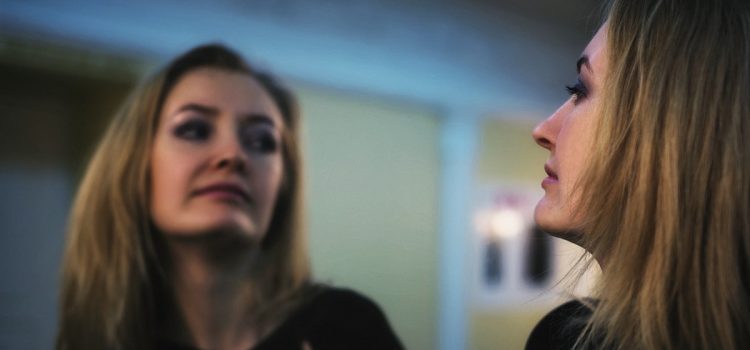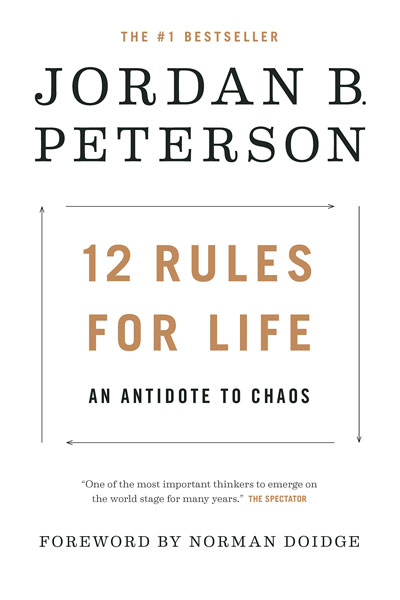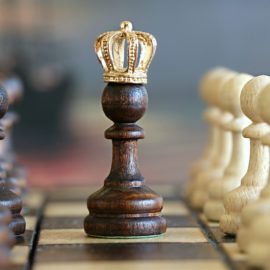

This article is an excerpt from the Shortform summary of "12 Rules for Life" by Jordan Peterson. Shortform has the world's best summaries of books you should be reading.
Like this article? Sign up for a free trial here .
Why do we lie? What’s really behind our efforts to conceal the truth? How does lying compromise your personal integrity?
We may lie to get what we want or to make a certain impression. However, lying may not be the best strategy to achieve either of those things. According to Jordan Peterson, when we lie to others, we also lie to ourselves. In his book, 12 Rules for Life, he says“Tell the truth—or at least don’t lie” for lying obscures your personal truth.
Here’s why we lie, according to Peterson.
Why Do We Lie?
Why do we lie? Day to day, we may lie to the outside world to get what we want and to avoid pain. We tell lies to appear more competent, to gain status, to be well-liked, or to prevent conflict. This is us manipulating the world.
On a deeper level, we may lie to ourselves about what we want. We might have a dream life envisioned by our younger selves, without probing carefully into whether we really want it (career and retirement goals are common examples here). We may entertain ideas about what we really want but deceive ourselves into thinking they’re impossible to reach or undesirable after all. We then act in ways that we paper over with more lies, but deep down we know it’s inconsistent with our beliefs, and we feel unsettled.
We must beware of the big lie (in Hitler’s terms)—something so large and audacious that we cannot accept someone would intentionally fabricate it. This could be about who to blame for our faults or what we should do with our life.
We may not be actively misleading other people, but merely lying by omission. This isn’t any better. If our boss does something we dislike, not confronting her about it is still lying—we’re acting inauthentically, not in accordance with our beliefs. If we habitually avoid conflict, don’t complain when mistreated, and suppress our own ideas, we’re still lying to ourselves. This makes us feel weak because our existence has little real meaning. We’ve become a tool to be used, obliterating our independence.
Even worse, on a meta-level, we may be in denial about lying to ourselves. We may believe that our truth is the only truth and that no amount of new knowledge can change what we believe. That all-important facts have been discovered and that everything will work out perfectly.
Our lie may begin with protecting ourselves from reality. We may believe reality is intolerable and must be distorted. We want to avoid that short-term pain. But after a certain point, the lies take on a life of their own.
- First, we start with a little lie, then support it with further little lies.
- Then we distort our thinking to avoid the shame of those lies.
- Then those lies become necessary and become ritualized into unconscious action.
- The longer we lie, the more we believe it, and the harder it is to undo.
All the lying may work in the short term, but ultimately we will run into failure. If we betray ourselves, if we act out a lie, we weaken our character. If we have a weak character, adversity will bulldoze us. By failing to react the first time, we’ve already trained ourselves to tolerate things we disagree with.
This leads to bitterness. Because we are avoiding pain and fabricating our world, we are likely to avoid personal responsibility for our failures. We will blame the world as unfair and other people for getting in our way. It’s not hard to take this one step further to believe “they must be stopped” and another step further into revenge.
All this applies to many levels of existence. We may be lying to ourselves:
- About what we want to do with the rest of our life.
- That we enjoy a job that actually bites against your being.
- That we continue relationships we know are toxic, under the guise of convenience or comfort.
- That we’re not capable of something, that it’s not worth trying, even though deep down we know we really want it.
- That a bad habit really isn’t that bad—or actually good—for us.
- That things will get better on their own and things will magically work out without our involvement.
- That we know what we’re doing in life—when really we’re too scared to confront uncertainty.
Clearly telling lies to ourselves leads to bad outcomes and misery.
———End of Preview———

Like what you just read? Read the rest of the world's best summary of "12 Rules for Life" at Shortform . Learn the book's critical concepts in 20 minutes or less .
Here's what you'll find in our full 12 Rules for Life summary :
- Why standing up straight will make people treat you differently
- How to find meaning in your life and work
- Why you're lying to yourself without realizing it






